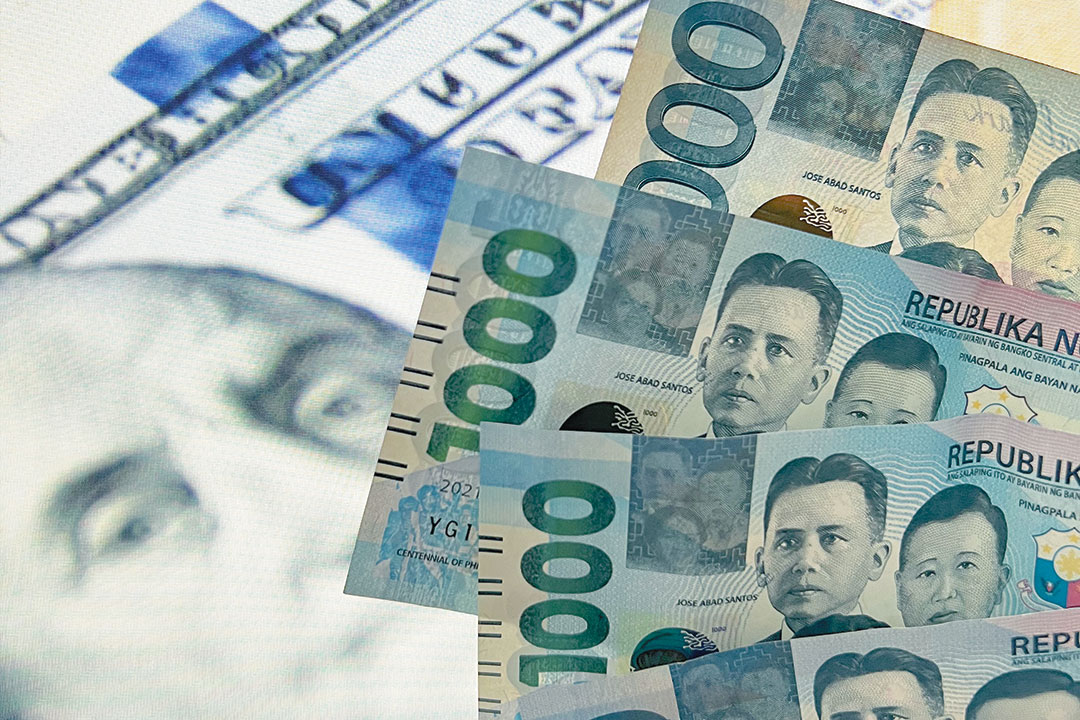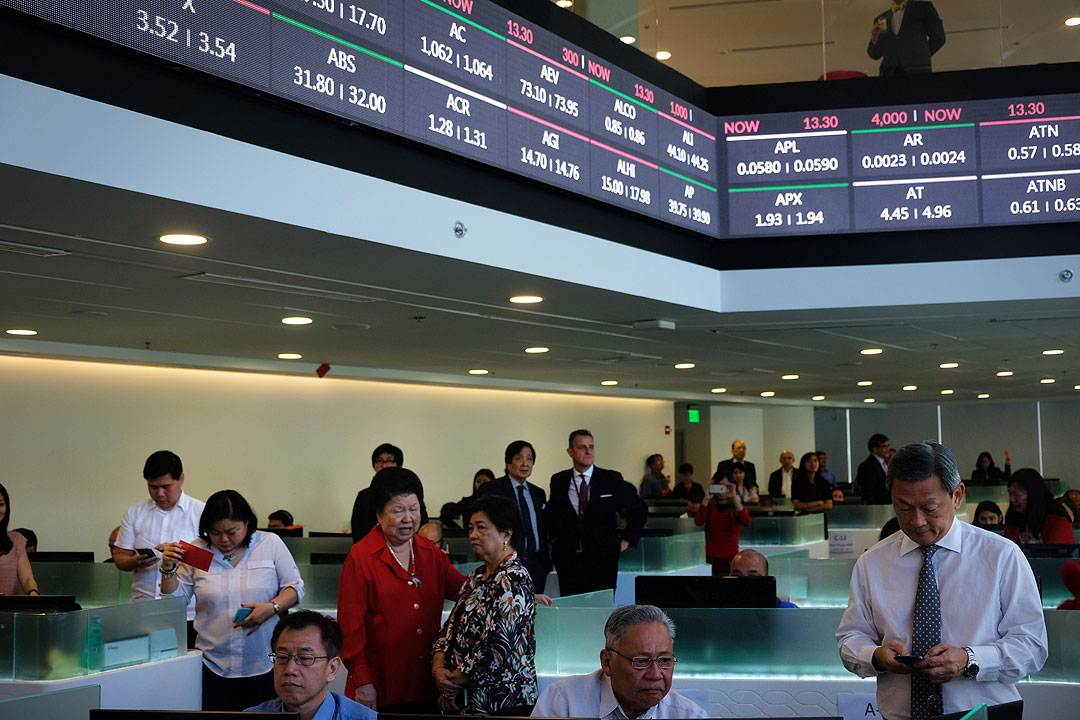
Upgrade to High-Speed Internet for only ₱1499/month!
Enjoy up to 100 Mbps fiber broadband, perfect for browsing, streaming, and gaming.
Visit Suniway.ph to learn
Alexis Romero - The Philippine Star
May 29, 2025 | 12:00am
KUALA LUMPUR – Members of the Association of Southeast Asian Nations (ASEAN) may have to depend on each other more in the face of the United States’ unilateral tariffs that could shrink markets and dampen economic activity, President Marcos said.
While the tariff to be imposed on the Philippines is lower compared to those of its neighbors, Marcos said the policy could have a permanent effect and force the country to find new markets.
“If you keep thinking about this, who do we do business with? ASEAN. If they are down, who do we do business with? If they buy, say, 100 tons of coconut every year or every month – whatever the number is – and then their economy weakened, they can only buy 20, what will we do with the remainder? We will search for new markets again,” the President told reporters who covered the ASEAN Summit here.
“But if everybody is down, then everybody’s markets will shrink... It’s a real problem,” he added.
Marcos pointed out that China, a major trading partner of the Philippines, is the “center of attention” in terms of the Trump administration’s tariff regime.
“Of course, we watch very closely what is happening to the economy in China because it affects all of us...If this regime, which is unilaterally imposed, pushes through, (markets) would really plunge. It has a global effect and it is not going to be a good one,” Marcos said.
“There will be, I believe, a shrinkage in economic activity. I hope not. I hope I’m wrong.”
Marcos revealed that the US tariff policy was the subject of his “good” conversation with Chinese Premier Li Qiang. Li, Marcos said, had expressed China’s opposition to a trade war.
“He (Li) says, ‘Well, we do not want any of this.’ They don’t want this war. And I said, ‘We’re very worried because China is the biggest economic driver in the region,’ ” the President said.
The US tariff policy, which was announced by US President Donald Trump in April, will cover more than 100 countries. Philippine exports will be levied a 17-percent tariff, lower than those imposed on most Southeast Asian countries, but higher than the 10 percent baseline figure.
The Trump administration has declared a 90-day moratorium for the policy that will end on July 31.
However, China, which imposed retaliatory tariffs on the US, was not covered by the pause and was even slapped with a 125-percent tariff, an increase from the initial 104 percent.
While noting that nobody knows what would happen after the 90-day moratorium, Marcos said the tariff policy would have a permanent effect in terms of risk assessments.
“In the side discussions, I was telling … the other leaders – I said, what we have to recognize is that whatever happens, even if there is a rewind of everything, even if everything is back to what it was in January, (that) tomorrow we’re back to square one on the tariff, there would be a permanent effect that won’t disappear,” Marcos said.
“Just the risk assessment for any businesses and any investment, it changed now, because this can happen,” he added.
Marcos cited the need to identify the changes caused by the policy, determine the extent of their impact and discuss ways to adjust to them.
“First of all, the structure of world trade is completely different now from what it was before. The conclusion also that we arrived at is that we have to depend more on each other, on ASEAN,” the President said.
“ASEAN member countries are strong willed. The economies are vibrant. What we can do is if others are having difficulties, we can talk among ourselves. If we cannot sell to these markets anymore, then let’s sell to each other’s markets....It seems that the best, most solid way forward is to make, to be a reliable partner for each other in ASEAN.”
Philippine officials previously said the effect of the tariff regime on the local economy would be minimal, citing an estimate by the Department of Economy, Planning, and Development that the policy could affect 0.1 percent of the gross domestic product.
In a recent joint statement, ASEAN economic ministers said the regional bloc is deeply concerned over the US tariff policy, which they said would disrupt regional and global trade, investment flows and supply chains, impact the economic security and stability and affect livelihoods of millions of people.
They vowed not to impose any retaliatory measure and to promote a “frank and constructive dialogue” with the US.
US goods trade with ASEAN reached $476.8 billion in 2024. US goods exports to the region totaled $124.6 billion last year, higher by 16.6 percent from 2023. Meanwhile, US goods imports from ASEAN hit $352.3 billion in 2024, higher by 13.3 percent from 2023.

 1 week ago
4
1 week ago
4



